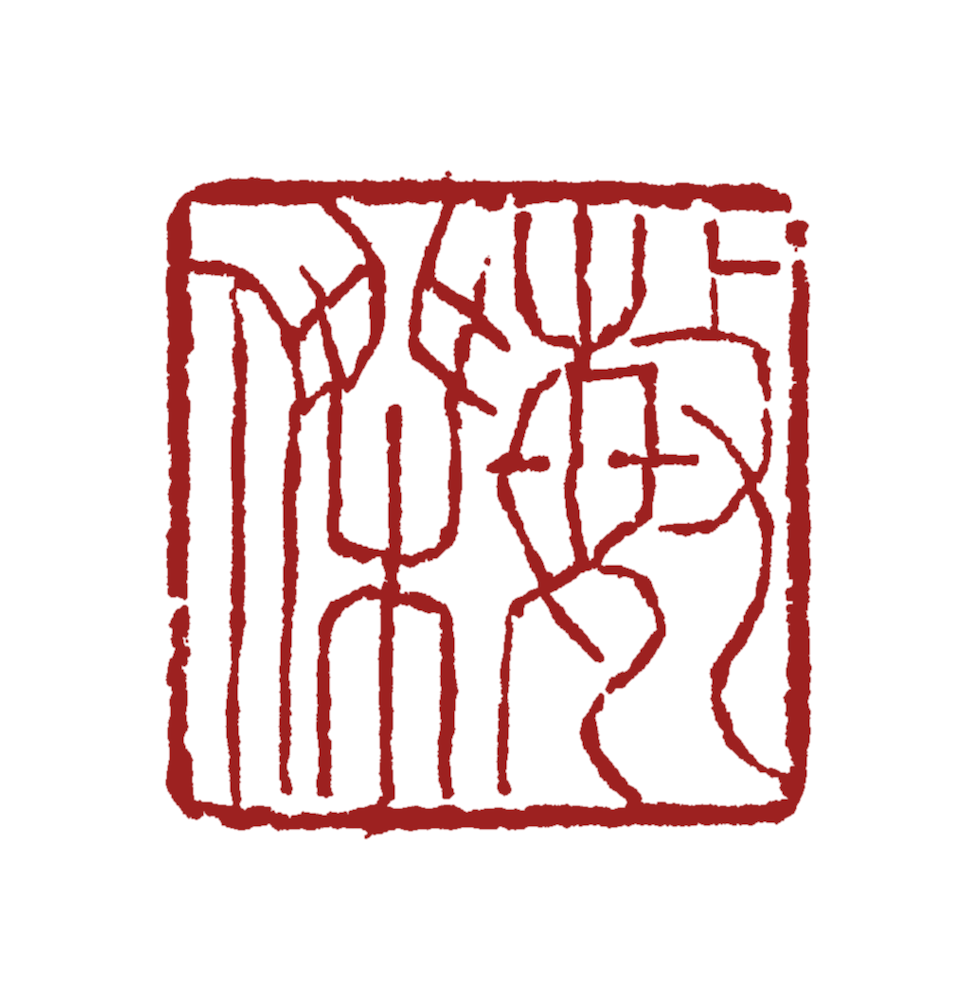為人 The Min Jie School 為人
Becoming Human, Serving Humanity
An Introduction to the Vision of studymedicaltraditions.org

Medicine is an expression of worldview
Medicine is an expression of worldview. In a sense, the doctor is a leader of and spokesperson for that worldview. People go to the doctor because s/he can take them farther into the source of their worldview than they can go by themselves. Deeper than they would dare to go. Into the blood, the darkness, the forbidden, the light and the transcendent in order to access the origins and power that they have become separated from.
In the past, each society shared and nucleated around a singular worldview or various versions of it. That worldview was codified into a language, parts of which the general population understood. Other parts they didn’t.
Today, even though modern education and media are homogenizing our worldview to unprecedented levels through the instillation and propagation of technological monoculture, these same forces are also bringing a strong counterforce. This counterforce is rising in an organic rather than a controlled manner, as many people are exposed through the internet and other daily interactions to a variety of different customs, viewpoints, attitudes and opinions. As a result, this portion of our culture is shifting into a kaleidoscopic worldview, where each person is actively forging her/his own distinct, one-of-a-kind awareness and set of beliefs anew on a daily basis.
When a worldview shifts, so does its culture, society, language and medicine. Some of us are beginning to need and demand increasingly complex, specific and nuanced forms of medicine to heal and thrive, medicines that modern technomedicine does not and cannot provide in its current form.
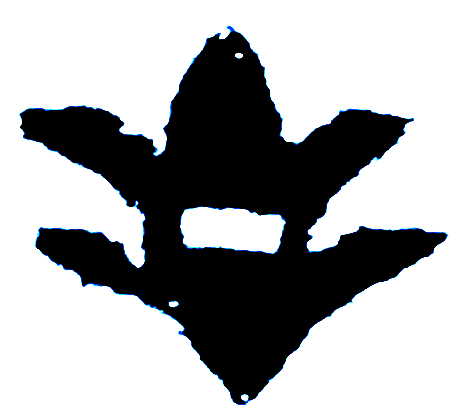
The Great Congress
In the year 2000, my compañeros at Universidad Nahuatl took me to visit Xochicalco, in the state of Cuernavaca, Mexico.
Xochicalco is a place where, once upon a time, the great ancient leader/shaman Quetzalcoatl called for a great congress of astronomer/astrologers from all over the American continent to discuss and develop what was then known about astronomy and astrology.
That congress lasted for 12 years.
The idea for a congress on the many worlds of indigenous medicine, or traditional medicines,* came to me at that time in Xochimilco. This congress wouldn’t just last for a weekend, a week or 12 years. It would become a permanent conversation with the aim of preserving, promoting, practicing, developing and integrating all the traditional medicines of the world.
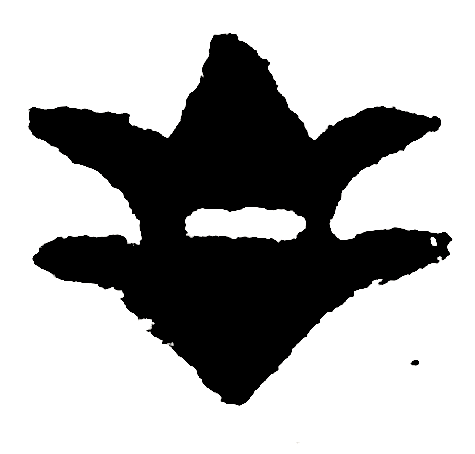
Sustainable and regenerative medicines
Traditional cultures and their medicines offer many opportunities to discover solutions to the challenges that we face today. If we want to harvest the true value of these systems for the benefit of all, it’s best to honor, fully enter into and utilize them as complete and integral processes, without attempting to judge, twist or disassemble them to fit into our own worldview.
Yes, we’re the ones that need to change.
There are many elements of health and disease that traditional societies have recognized and worked with for centuries or millennia that technoculture and its medicine are completely ignorant of, blind to and impotent at diagnosing and treating. It would be very helpful for us to look to these societies and their medical systems for assistance in these areas as we move the projects of medicine and humanity ‘forward.’
Traditional medical systems are by their very nature sustainable and regenerative of the planet and its creatures. They are practical paths that lead us into modes of perceiving and being in the world in ways that are fundamentally different from the direction of technological monoculture.
As individuals, traditional medicines can offer us healing in addressing the root causes of our illnesses. They also invite us to explore and embody our own native cultures and lifestyles that nearly all of us have left behind long ago and far away. This reclaiming is essential for our personal, collective and planetary healing…
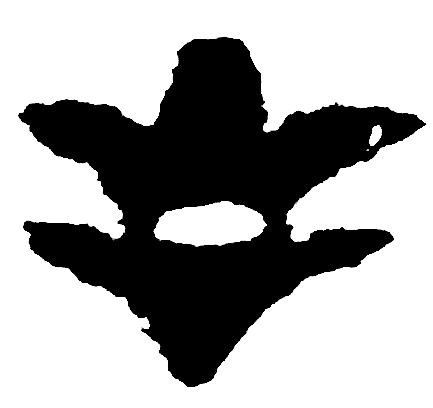
Let’s ask some serious questions
Who would suggest in this day and age that we return to the roots of medicine and culture to discover where we’ve made erroneous assumptions, and attempt to reengineer the entire projects of medicine and humanity in better directions so that we can begin to serve a greater purpose for people, the earth and its all its creatures?
Anybody?
Maybe it's time to ask some serious questions about the practice of medicine and what it means:
How can we repurpose medicine to drive positive change in ourselves, our patients and the world?
How can we reposition medicine to expand, evolve and incorporate multiple worldviews on a truly level playing field where all viewpoints are held with respect and honor?
How can we bring the practical genius of real hands-on medicine back into the world in the face of technological monoculture, technomedicine and their blithe and insidious repercussions?
How can we magnetize the talent of coming generations to focus on preserving, practicing, promoting, developing and integrating traditional medicine systems, especially when technoculture is enticing our youth so strongly to leave them behind?
How do we bring conscience back into medicine while eschewing and banishing the smarmy and hypocritical approval-sans-significant-action that technomedicine gushes about caring for and treating the whole person?
How can we practice medicine ethically in a socioeconomic system and culture that are driven by competition and greed?
How can our medical practices promote the improved health of our political and social systems?
How can we rehumanize medicine when state and industry regulations are progressively driving us toward dehumanization?
What does it mean to practice medicine in a world and society that are incessantly and successfully driving themselves toward extinction?
How can we maintain a thriving medical practice that is helpful and regenerative for ourselves, our patients and the world?
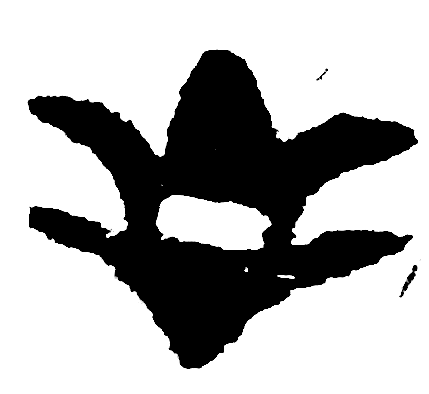
An evolving process
It's interesting how traditional medicines fit/work together-and how they don’t. There appear to be very few incongruencies between traditional medicine systems. When seeming incompatibilities do show up, they inevitably point to a necessary shift of perspective and orientation that leads our investigation and learning in new, improved and expanded directions.
That’s the point of what we’re doing here at studymedicaltraditions.org.
We’re exploring the techniques of a multitude of different healers and medical traditions as an evolving process. These healers and their medical traditions, even though their strategies and practices are ancient, some well known and others not, from every corner of our world, are the vanguard, the forerunners of the coming world of traditional medicines.
And in the fullness of time, perhaps you'll become one of these forerunners, too.
* The term indigenous medicine may be more accurate than traditional medicine, because indigenous medicine can include elements that go beyond the boundaries of tradition. These distinctions are described clearly elsewhere on this site. But since the term traditional medicine has come into such broad usage, that's what you'll find here.
